Advice on how to understand and become a part of the writing and publishing ecosystem, including how to know who’s giving good advice and a bit on understanding traditional publishing and the associated math.

RITA ® Award-Winning Author of Fantasy Romance

Advice on how to understand and become a part of the writing and publishing ecosystem, including how to know who’s giving good advice and a bit on understanding traditional publishing and the associated math.

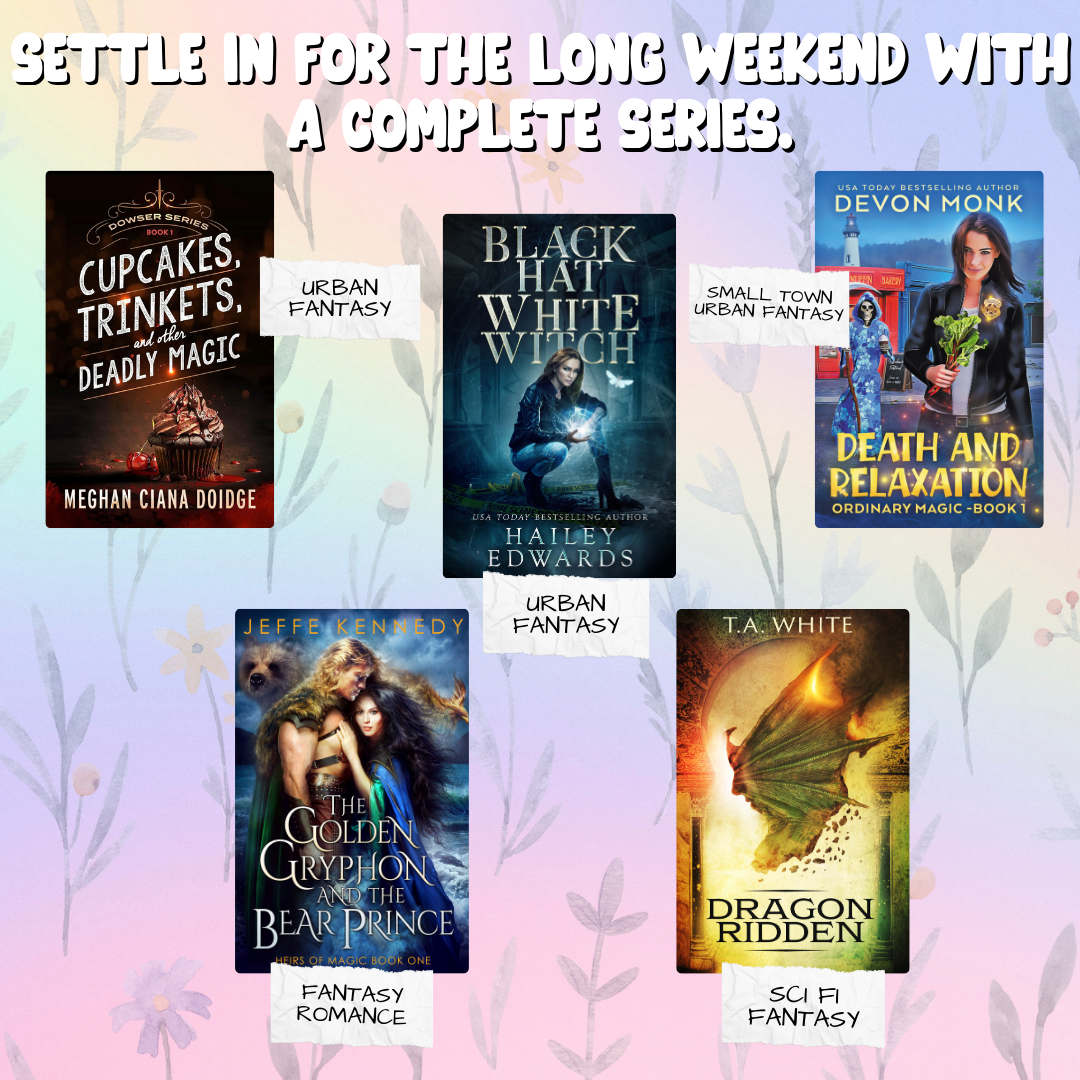
I’m following up on the Thread I posted this week on the supposed “divide” between traditionally and self-published authors, how we’re all in this business together, and why I think everyone will be hybrid eventually.
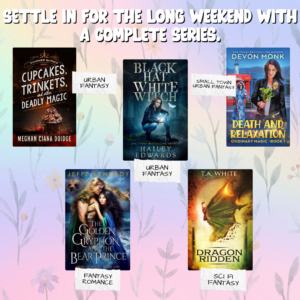

Some schooling today on business, things authors should really know, and arcania on how traditional publishing decides how to handle releases. Also, the “new” genre term Romantasy and why I think it came to be coined.
.

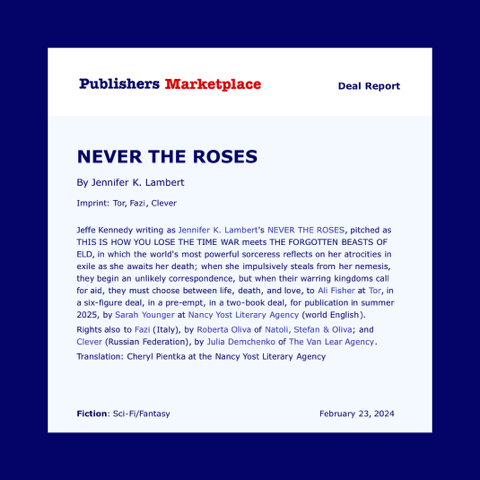
Sharing the OFFICIALLY OFFICIAL super exciting news today on NEVER THE ROSES, the book I sold to Tor. I’m explaining the Publisher’s Marketplace lingo, how foreign sales work, and why creatives can’t be thick-skinned.
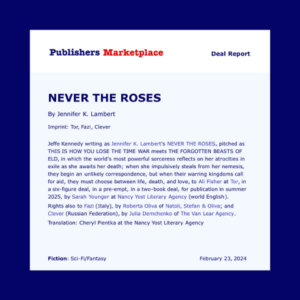

My Friday Freakout and how even experienced authors have emotional crises about their books, along with insight on shaken baby syndrome in books, how interruptions cause issues, and Longshot: an underrated movie.


A historical perspective today on the LKH bruhaha this week regarding self-publishing, including Gen X cane-shaking, salacious gossip, and insight into how profoundly the publishing landscape has changed in 30 years.


On beauty standards, vanity, aging, skin-care, Botox, and choosing your author brand. I promise they’re related! Also Indie authors going to Traditional Publishing and the pitfalls, and a cool data point on series drop-off.


Some advice today for newbie writers on writing your first book, including the importance of finishing and keeping it simple. Also, different muscles we use for writing and how approaching a work with various strategies exercises them.

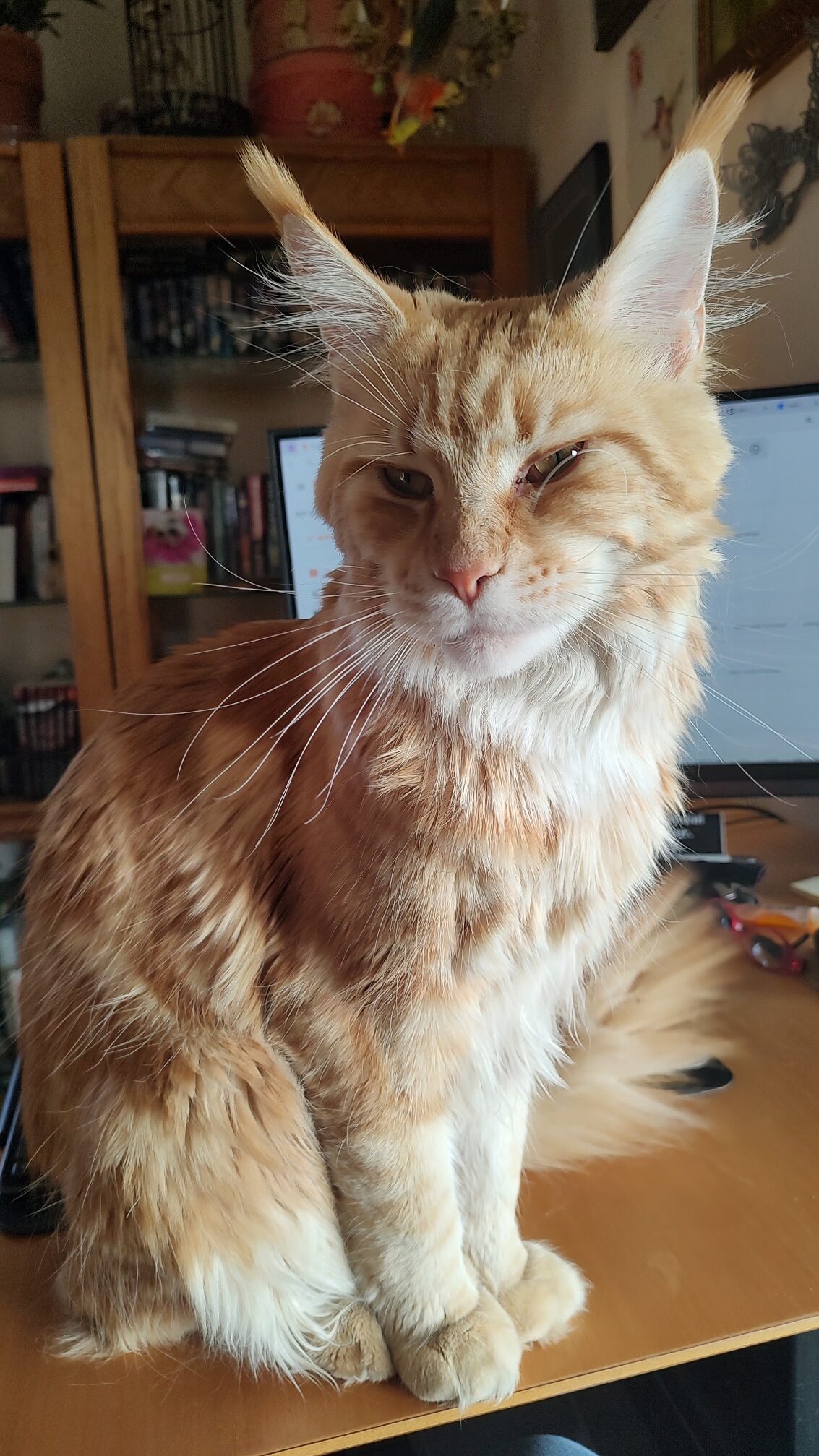
Some pitfalls to watch for in contracts with traditional publishing and literary agencies. Also author finances and taxes, why owning your process doesn’t mean loving it, and why experienced authors find it hard to teach.

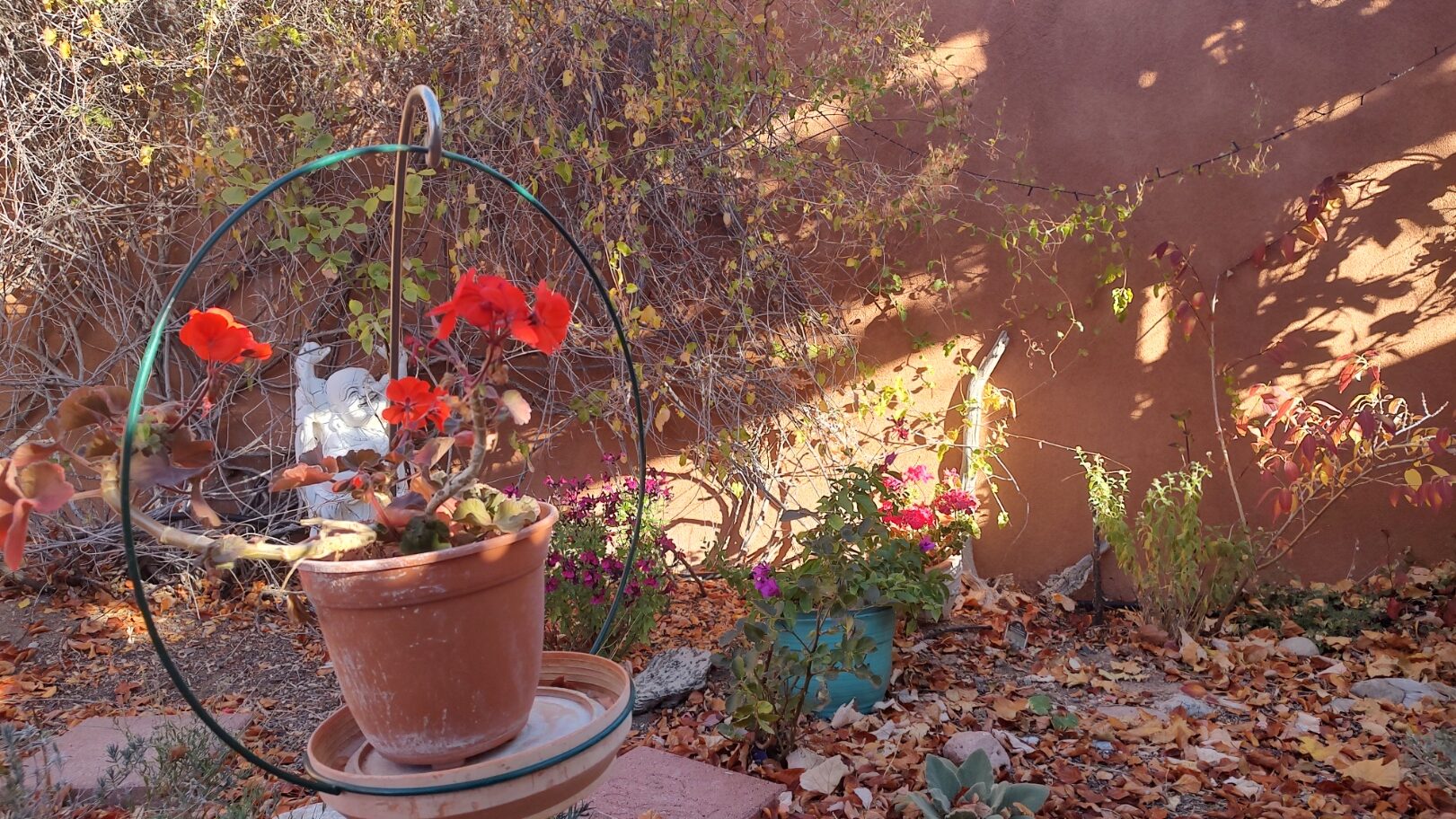
Battling the proliferation of secondary characters, and why that’s key to shorter works. Shipping Alex and Paul on The Morning Show and ruminations on love and unconditional support.
